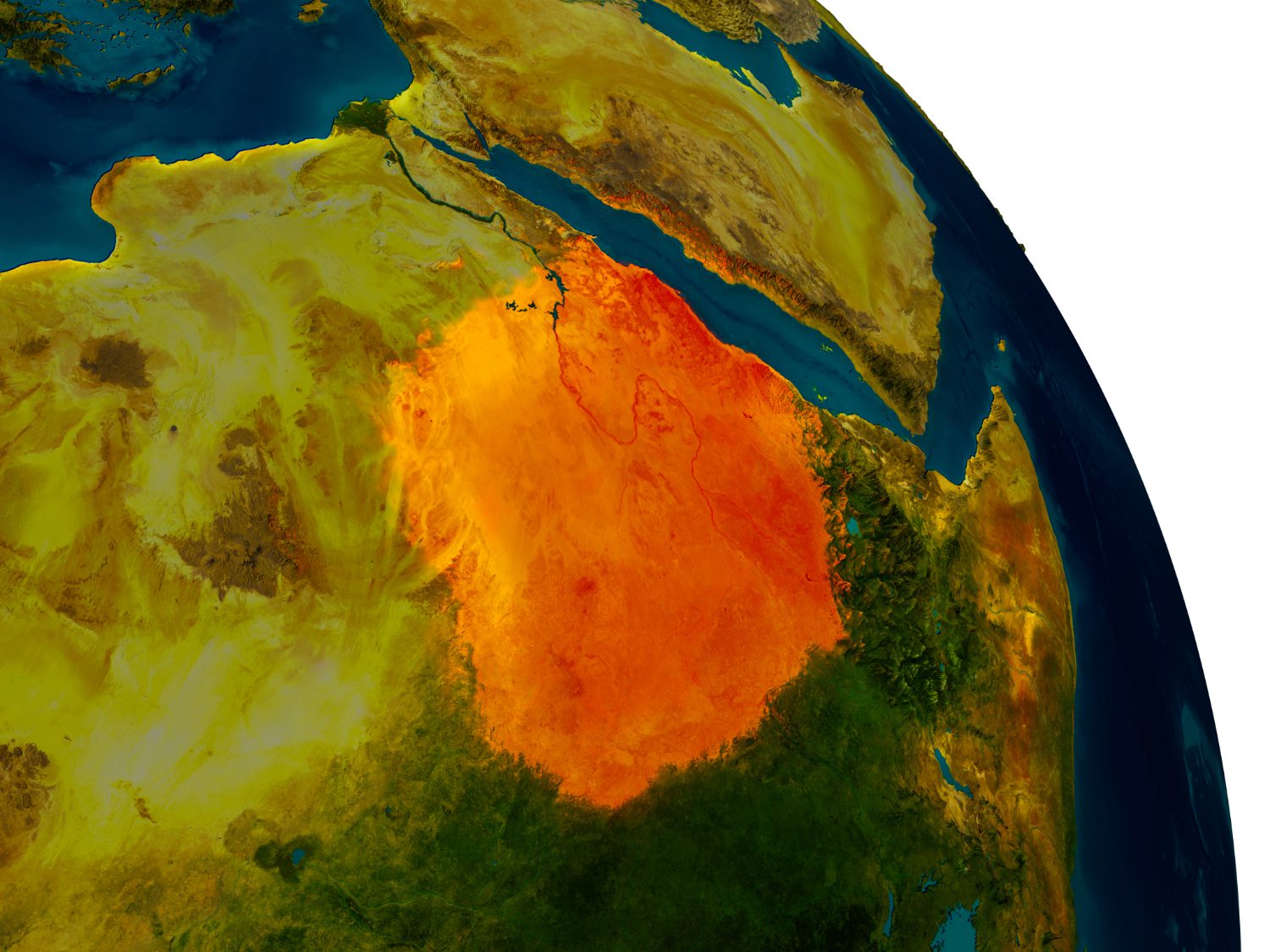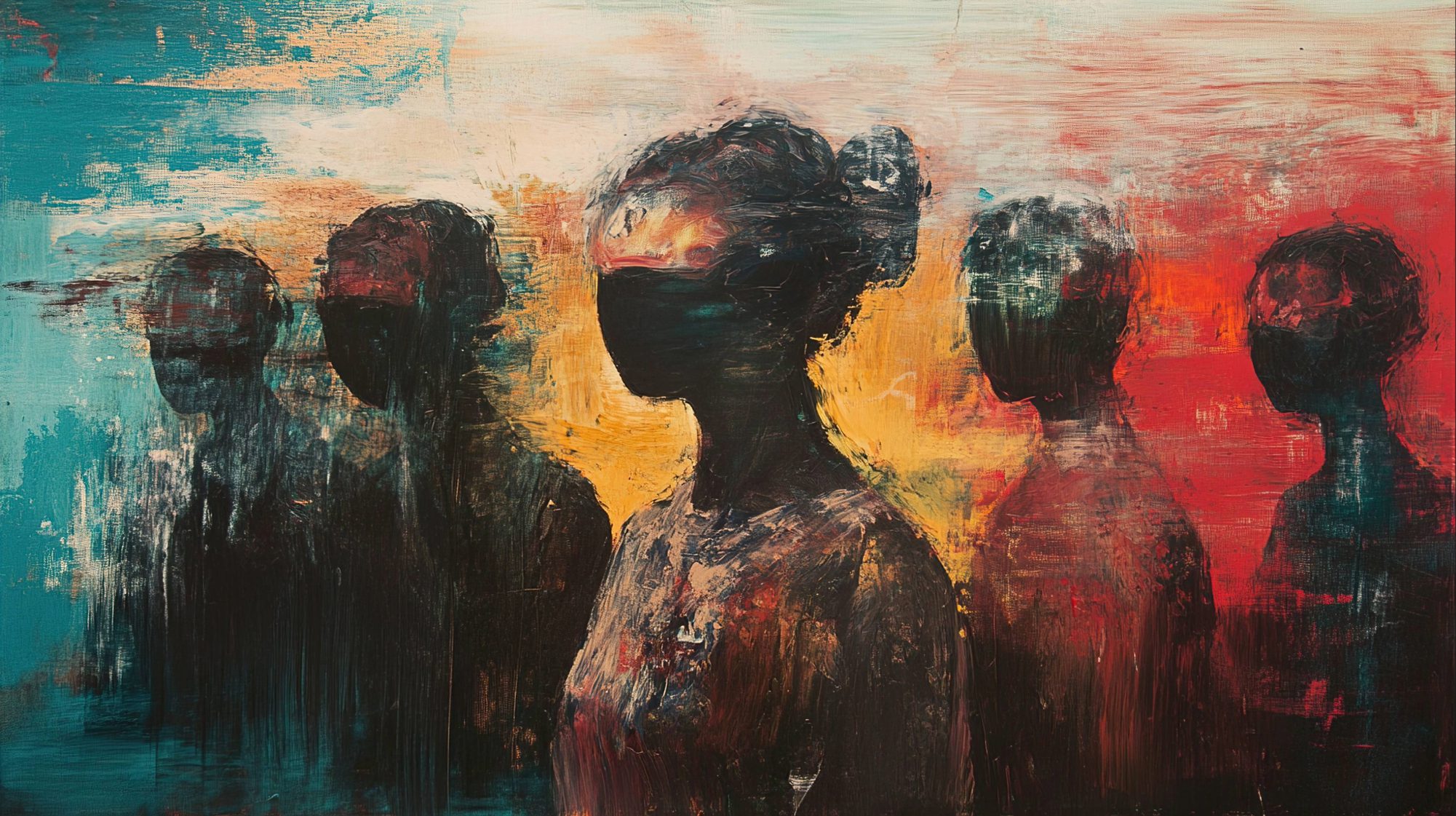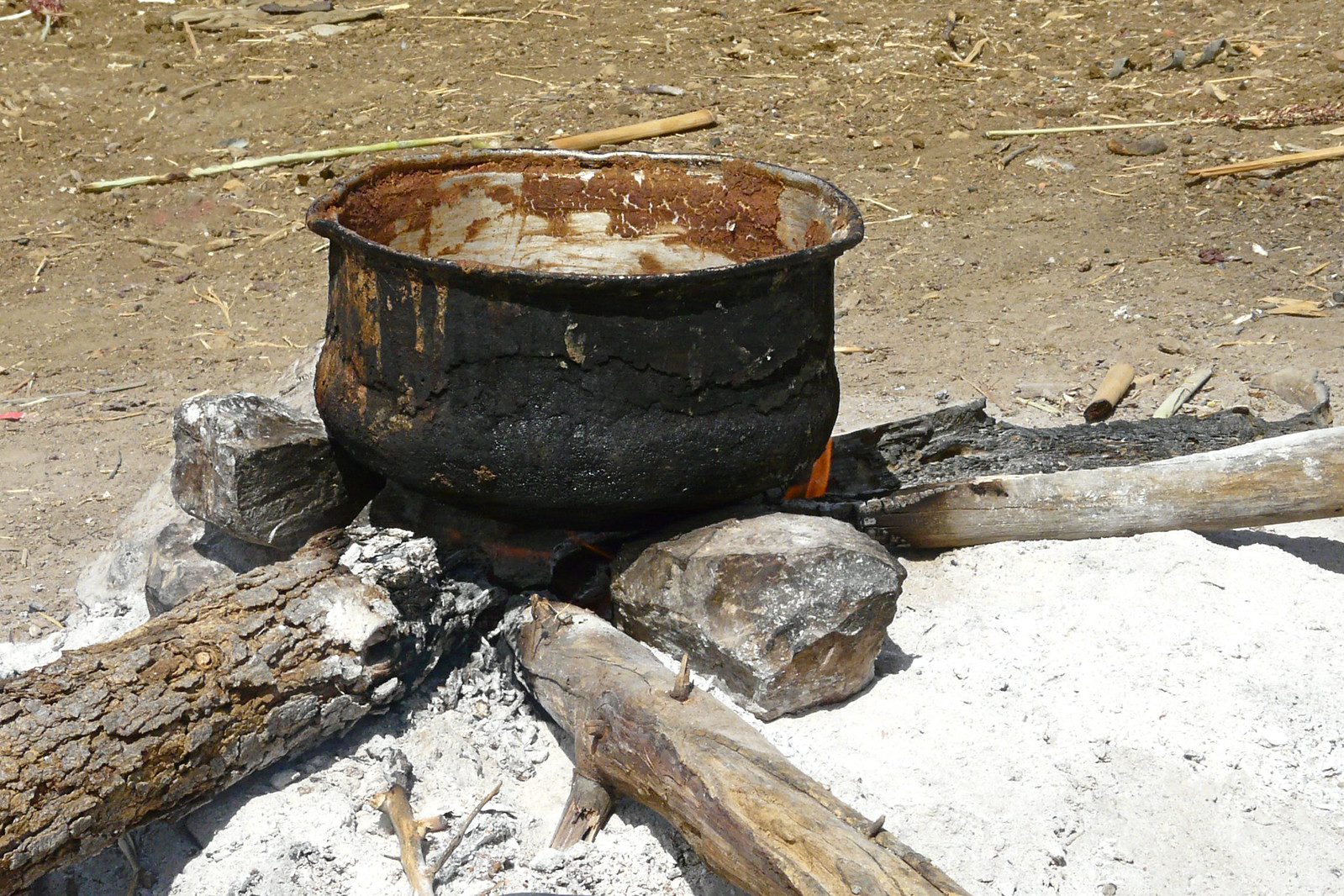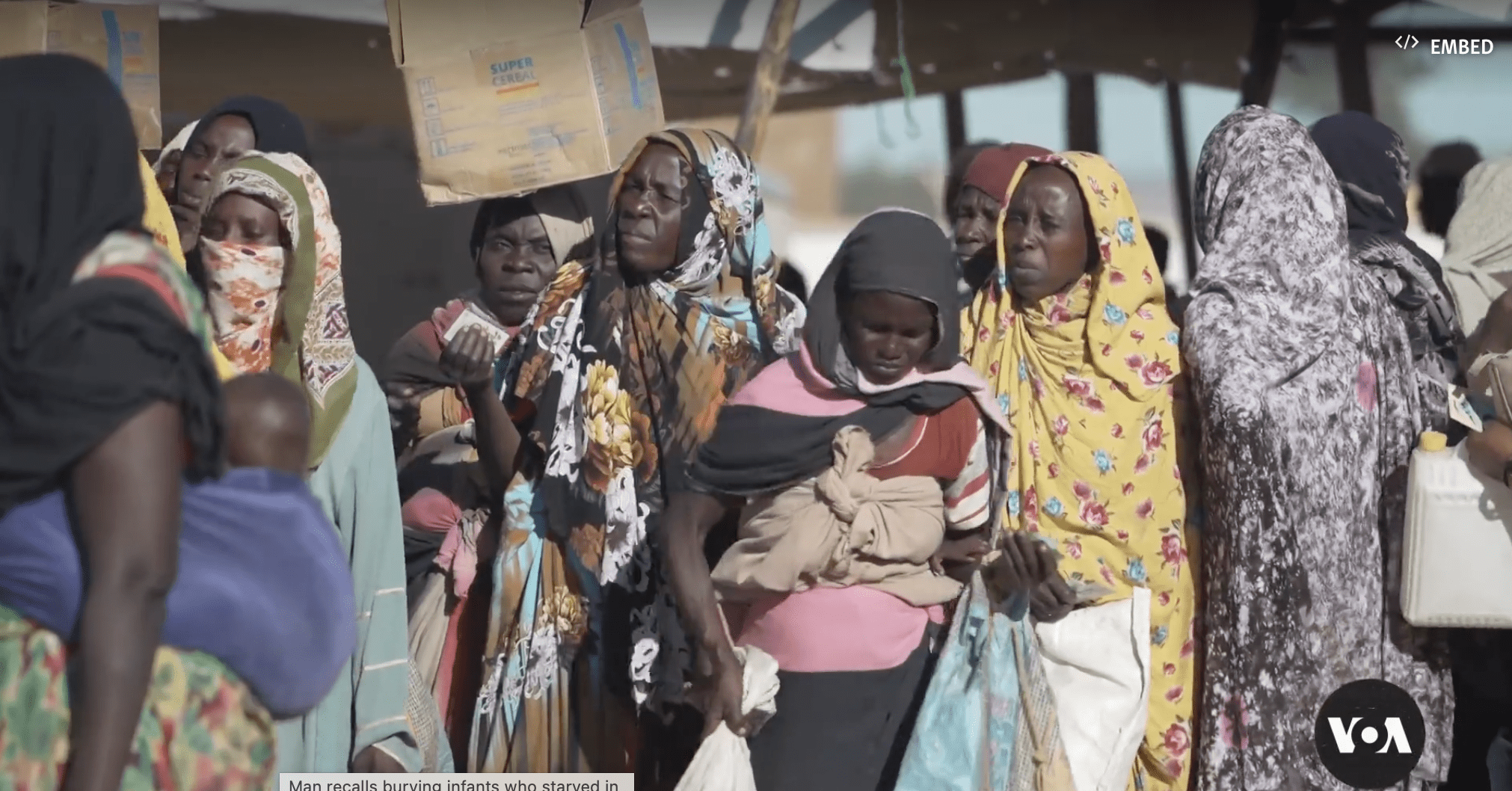There are pathways to something resembling peace in Sudan. Currently, would-be peacemakers are groping in the dark. This blog tries to illuminate where they may find a pathway.
I have long considered Sudanese politics as a marketplace in which political allegiances and services are bought and sold. That doesn’t supplant other problems and challenges, but it shapes the logic of power. It’s almost impossible to achieve outcomes that aren’t compatible with the operation of the political market.
Nothing in the dynamics of the last eighteen months of war, pillage and starvation has given me reason to change this view. Indeed, the trajectory of the civic uprising and people’s revolution from its triumph in April 2019 to the coup of October 2021 only confirms the mercenary logic of power in Sudan. The superb analyses of the operation of the war economy by the Sudan Policy and Transparency Tracker confirms that even though the principal belligerents in the war—the Sudan Armed Forces (SAF) under General Abd al-Fattah al-Burhan and the Rapid Support Forces (RSF) under General Mohamed Hamdan Dagolo, known as ‘Hemedti’—refuse to meet across the negotiating table, their lieutenants cut daily bargains in the marketplace. Both are profiteering from the doom of Sudanese society.
How then might peace be possible? In the report, Defining the Crisis in the Sudans: Lessons from the African Union High-Level Panels for Sudan and South Sudan, Abdul Mohammed and I identify six key preconditions for reaching a peaceful settlement. In a paper, co-authored by me with Ben Spatz and Aditya Sarkar ‘Situating the Contribution of the Political Market Framework to Peace Processes,’ we provide a diagnostic for how a mediator to assess the options.
This blog post combines the two frameworks.
- Agreeing on a definition of the problem
The starting point for the African Union High Level Panel was seeking a definition of the problem. I described this in a recent blog post.
By the mid-2010s, an additional dimension to the Sudanese conflict became prominent—which can be called ‘the Red Sea Arena rivalry in Sudan.’ The work-in-progress of the African peace and security architecture, anchored on Ethiopia, was undermined by the assertiveness of the middle powers of the Middle East—Egypt, Iran, Israel, Qatar, Saudi Arabia, Turkey and the United Arab Emirates.
For the Middle Eastern middle powers, the African shore of the Red Sea and Gulf of Aden, the Horn of Africa, Nile Valley and Libya are part of their security perimeter. The mechanisms of financial patronage and proxy wars seen in Libya, Syria and Yemen are extended to Africa, demolishing the African peace and security architecture that was under construction a decade ago. The political funds and arms provided by Middle Eastern powerbrokers are the dominant factor in a restructured Sudanese political market.
The most important external powerbrokers in Sudan are the US’s closest allies: Egypt, Israel, Saudi Arabia and the UAE. The Trump Administration delegated its policy for the Red Sea Arena to these four countries, prioritizing the Abraham Accords, and the Biden Administration maintained the policy—so much so that we can identify a cogent, largely seamless ‘Trump-Biden doctrine’ for the region. (The main deviation was that the Biden Administration pressed for de-escalation of Saudi and Emirati engagement in the war in Yemen.) This doctrine consists of prioritizing the security interests and strategies of these four countries, supported by arms sales and diplomatic backing.
One implication of the ‘Trump-Biden doctrine’ is that the road to any settlement in Sudan runs through Cairo, Tel Aviv, Riyadh and Abu Dhabi. If the leaders of these countries agree, they can cut off external support to the war in Sudan, creating conditions for peace. If they do not agree, those conditions do not exist. This makes irrelevant any diplomacy led by an African organization, or the Africa bureau of the US State Department. Sudan is a problem in the African continent, but it is not a problem with an African solution.
The outgoing Biden Administration pretended otherwise; the incoming Trump Administration is likely to be candid about this.
- Internal cohesion and leadership within each party
To the surprise of many, both the principal belligerent parties in Sudan—the SAF and RSF—have remained relatively cohesive during the 18 months of war. The history of Sudanese conflicts would suggest that by this time, each side would have begun to fragment by this time, running low on the finance and material necessary to sustain their war efforts. It would have shifted from a ‘Schmittian’ conflict—friends vs. enemies for control of the state—to a ‘Hobbesian’ war of all against all. This is the imperfect ending characteristic of Sudanese wars.
What has minimized fragmentation is that each side has been able to secure external sources of money and weapons. The RSF depends on the UAE and SAF relies on Islamist networks. This allows the two sides to maintain all-out war despite the utter devastation of the communities among which they are fighting. Activists correctly call out the external powers for making the war possible. However, if those patrons are squeezed out, it is likely that the parties will fragment, shifting the war to a ‘Hobbesian’ conflict. That kind of war is much more difficult to resolve. Ironically, therefore, external patronage simultaneously fuels the war while making a negotiated agreement, in principle, a simpler matter of a deal between two coherent parties.
- Economic and budgetary expansion—the ‘political bull market’
The key distinction to bear in mind is between political budgets—that fund political payouts and elite lifestyles—and public budgets, that can benefit the population at large. Political bargains, including peace deals, need political monies to be shared out; sustainable peace requires a peace dividend for the population. The standard peace agreement formulae of power and wealth sharing conceals the bargain over political money within the formal formulae.
A ‘political bull market’ is when political budgets are expanding, so that there is a scenario in which members of rival political elites share out a bigger cake under the banner of peace. Each previous agreement in Sudan has been signed at a time of expanding budgets—both the material rewards for the signatories and opportunities for the citizenry.
In a political ‘bear market’, those funds are contracting, so this formula doesn’t work, except by rewarding signatories with a license to steal (either through corruption or pillage).
Sudan today has a bull market in external political finance but a bear market in domestic resources. This disconnects the key logic of elite politics from the wellbeing of the population.
The Gulf patrons—Qatar, Saudi Arabia and the UAE—have the money necessary to create the incentives needed for the belligerents to settle. They can bribe them with financial rewards and squeeze their flows of financial assistance.
The US or Israel may, with some conjunction of circumstances, encourage them to do so. Alternatively, the Gulf powerbrokers may at some point decide to cut a deal among themselves, opening the door to a formula for peace in Sudan. The political marketplace formula for that deal needs attention.
The Gulf states will want a return on their investment, in the form of natural resources and real estate. They will bargain with the Sudanese elite belligerents over this, and all involved will need their share of the profits—from land transfers, livestock sales, reconstruction contracts, mineral exploitation rights and financial services.
The biggest obstacle faced by the Gulf states and their Sudanese commercial-military partners is that they are not ready to dig Sudan out of the deep hole of indebtedness in which it finds itself. The amounts are just too big. Sudan is the victim of fifty years of compound interest on unpaid loans, shut off from debt relief by international sanctions and ostracism. Only after the US lifted the state sponsor of terrorism designation in 2021 (too late to save the democratic transition) was it possible for Sudan to become eligible for debt relief. But the bailout still requires coordinated action by the Paris Club and the Bretton Woods Institutions.
- Inclusiveness
Peace initiatives for Sudan have focused on the question of whether and how to include the civilian component, and—assuming that the civilian parties are to have a role—who should represent them, and who should be excluded.
Including civilians is a requirement for legitimacy. The lasting achievement of the 2019 revolution was precisely this: no Sudanese general can become a dictator and retain legitimacy, whatever the UN’s legal counsel may advise.
How can Sudanese square the realpolitik logic of the generals and their patrons with the popular demand for democracy? There are formulae here from 2001 and 2019.
In 2001, geo-strategic shifts created conditions under which both the Government of Sudan and the SPLM were pressed to negotiate peace. But the ‘literature of accord’ developed over the previous fifteen years contained the substantive drafts for a deal that went beyond a simple shareout of power and wealth.
In 2019, the division of labor in the negotiations to arrive at the Constitutional Declaration consisted of the following. The Quartet—the US, Saudi Arabia, UAE and Britain—did the political work with the generals and civilians. The African Union provided the legitimacy and the public face with Ethiopian Prime Minister Abiy Ahmed playing the role of a ‘populist peacemaker’ and the AU envoy Hacen Lebatt completing the performance. The result plausibly resembled a transition to democracy but left real power in the hands of the generals. An African envoy with a commitment to democracy and political skill could have leveraged his position to secure stronger guarantees for the civilians.
Suitably adjusted, this formula could be applied today. The Middle Eastern powerbrokers have the muscle to secure an agreement, but a competent and energetic African or United Nations mediator has the mandate to fill in the democratic substance to make it legitimate. The work of crafting a formula for democratic legitimacy need not wait for propitious circumstances.
- A single credible process
To be credible, a process requires all the crucial Arab powerbrokers to be engaged in actively finding a solution, or to agree to draw back and permit a process to proceed that will protect their interests. Either approach requires an agreement between Cairo, Riyadh and Abu Dhabi.
No such process currently exists. Efforts by the US, Saudi Arabia, Egypt and African leaders have been parallel and rivalrous, cancelling each other out. The Swiss-hosted Alignment for Life-Saving and Peace in Sudan (ALPS) initiative led by the US and Saudi Arabia brings representatives of the key external actors to the same table, but will only work if the powerbrokers are engaged at the most senior level—which has not been the case.
Linking a ceasefire, a political process, and humanitarian issues within a single formula makes sense when there is a real prospect of progress. When there is no such prospect, it means that progress on any issue is impossible.
As mentioned earlier, it’s possible that geo-political reconfiguration in the Middle East might reconcile Saudi Arabia and the UAE, opening the door to such a bargain.
Leadership at the United Nations might persuade the Arab powerbrokers to take half a step back from Sudan, sufficient for credible negotiations on humanitarian issues.
- Timing
The Sudanese conflict is not ‘ripe’ for resolution. A political marketplace becomes conducive for a bargain between principal belligerents when conditions align either for one to become the dominant actor (a monopolist) or for the two to agree to a formula for a collusive oligopoly.
The determining factor in the trajectory of the conflict is finance. SAF’s capability has increased, enabling it to win some tactical victories and to achieve parity, at least, in the political market. It may yet achieve ascendancy.
It is possible that a combination of battlefield developments and political finance will settle the question between the Sudanese belligerents. But that is unlikely. More probable is that it will require a reconfiguration, or a bargain, among the external sponsors. That is intrinsically unpredictable. Civilian groups and their supporters are advised to be prepared for that moment whenever it may arise.
There is, however, another timing question. What will be left of Sudan and the Sudanese when this alignment occurs?
The Sudanese famine is not merely an aggregate of people going hungry and dying. It is a societal catastrophe, from which a different kind of society will emerge. History and current indications point to this being a more stratified, brutal, fragmented, polarized and cruel society, in which those with money and guns prosper at the expense of others. It is also a society of mass displacement and uprootedness.
What does ‘peace’ mean?
Both sides speak of victory. In the political marketplace, this means that the victorious party is in a position to control the market, through a combination of paying the going rate, and resetting the structure and rules of the market in its favor. It does not mean a stable, institutionalized political settlement that ends violence followed by state building, though some elements of these may emerge as a byproduct of the main bargain.
Victory for SAF would require putting sufficient pressure on RSF resource flows that central command and control shatters. The meaning of peace would be that the RSF becomes a fragmented insurgency, with SAF able to buy off enough commanders and their militia to turn it into a Hobbesian conflict, resembling southern Sudan after the SPLM split in 1991, or Darfur in the mid-2000s. It would enable SAF to consolidate control of its heartland, establishing governance by military-commercial partnership with an element of civil administration, consigning the rest of the country to endless anarchy. A dominant party and its satellites or a coalition of parties, godfathered by Islamist resources, would provide a facade of civilian government.
Victory for the RSF would require that the SAF fragments, perhaps through choking off the Islamist financial pipeline, leading to negotiations in which Hemedti is the country’s political godfather. Peace would mean that the Sudanese state becomes a wholly-owned subsidiary of the Dagolo brothers’ transnational military commercial enterprise. Hemedti knows he cannot become a legitimate head of state, but he can be a Nigerian-style godfather to a civilian government in Khartoum, while the hinterlands are governed by a hybrid of militarized tribal authorities, merchant-officer partnerships and hollowed-out civil authorities propped up by aid donors.
Under any realistic scenario, violence and social breakdown will continue, albeit in different ways. For both principal belligerents, famine and societal collapse enables their path to dominance.
If multilateral actors play their cards well, they may be able to insert themselves into the political bargaining with a formula that provides an opening for a legitimate, civilian government that can be something more than a façade.
More immediately, an energetic UN could play a similar role in carving out the space for humanitarian action at scale.



